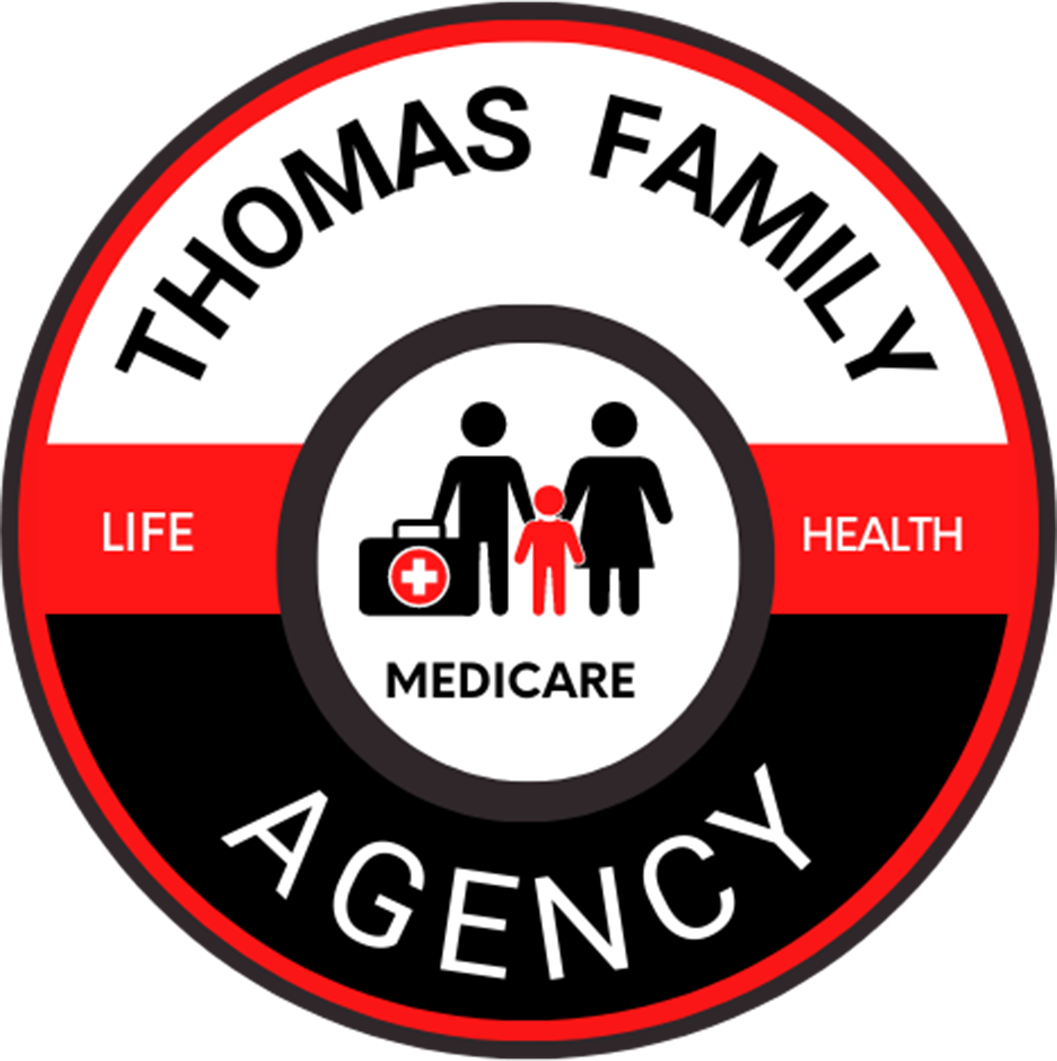Highlighting Hearing Awareness Week
Hearing Awareness Week, held from March 1-7, serves as a vital reminder of the importance of hearing health, which often goes unnoticed. With hearing care needs varying greatly from person to person, understanding what Medicare covers is essential for anyone experiencing hearing loss. Knowing these options can make a significant difference in accessing quality care.
Routine Hearing Care and Medicare
When considering routine hearing care, it's important to note that traditional Medicare does not cover routine hearing exams, hearing aids, or fitting exams. This lack of coverage can have a financial impact on those who need hearing aids but are not prepared for the costs associated with these necessary items.
The Part C Advantage
Medicare Advantage Plans, or Part C, often include coverage for annual hearing tests and hearing aid fitting exams. However, while these plans provide hearing aid coverage, there might be limitations. You could face copayments, benefit caps, or restrictions on the frequency of purchasing new hearing aids, such as every two or more years.
Options for Diagnostic Exams
Though routine care isn’t covered, Medicare Part B does cover diagnostic exams necessary for hearing loss and related conditions like balance disorders and ringing in the ears, when ordered by an eligible provider. This ensures that hearing issues can be properly diagnosed and treated, although out-of-pocket costs may still arise.
Addressing Out-Of-Pocket Costs
Beneficiaries of Medicare Part B diagnostic exams usually pay 20% coinsurance after meeting the deductible. If a deductible has been met under another Part B-covered service, then only coinsurance might apply. Medigap, as a supplemental insurance, can assist in covering remaining out-of-pocket costs.
Exploring Additional Assistance
Should extra financial assistance be needed, other resources such as Medicaid, the VA, or charitable organizations may offer help with hearing aid costs. Furthermore, the 2022 approval of over-the-counter hearing aids provides a more affordable option for those with mild to moderate hearing loss.
Addressing your hearing care needs is crucial, and understanding your Medicare options can assure you receive the necessary attention and financial support. If you’d like to review your Medicare plan or explore options supporting your hearing needs, please feel free to reach out. Personalized guidance and consultations to assess your hearing care coverage are just a call away.
Let's Chat!
Book a No Cost Review today— no commitment, just a friendly conversation about your needs.
Contact Us
We will get back to you as soon as possible.
Please try again later.
TPMO Disclaimer: We do not offer every plan available in your area. Any information we provide is limited to those plans we do offer in your area. Please contact Medicare.gov or 1-800-MEDICARE (TTY users should call 1-877-486-2048) 24 hours a day/7 days a week to get information on all of your options.
Not affiliated with or endorsed by the government or Federal Medicare Program.
© 2025 THOMAS FAMILY AGENCY
